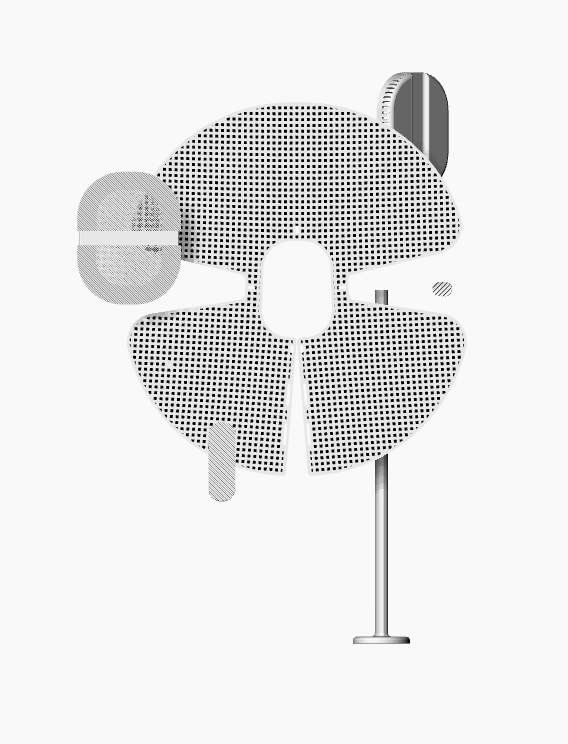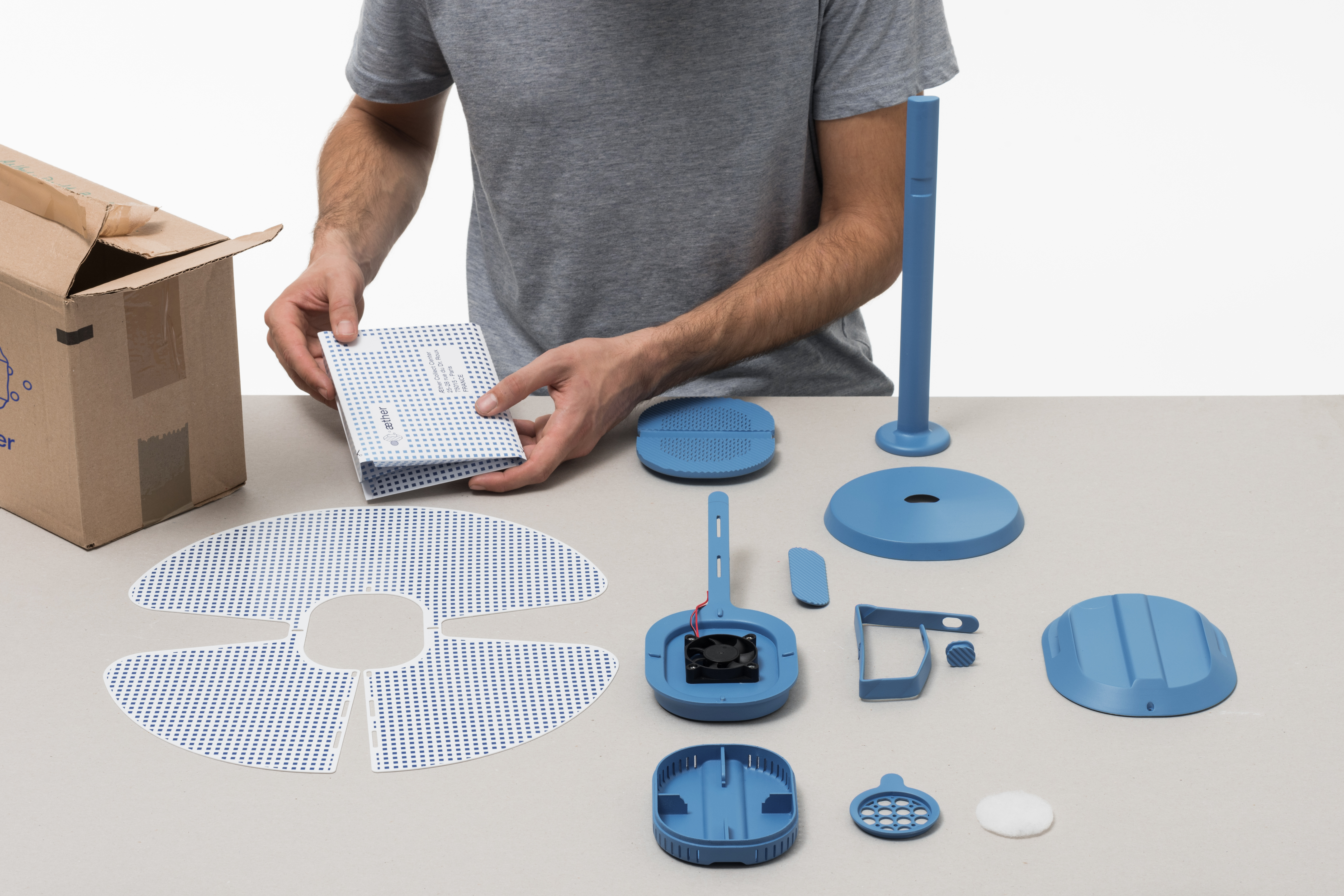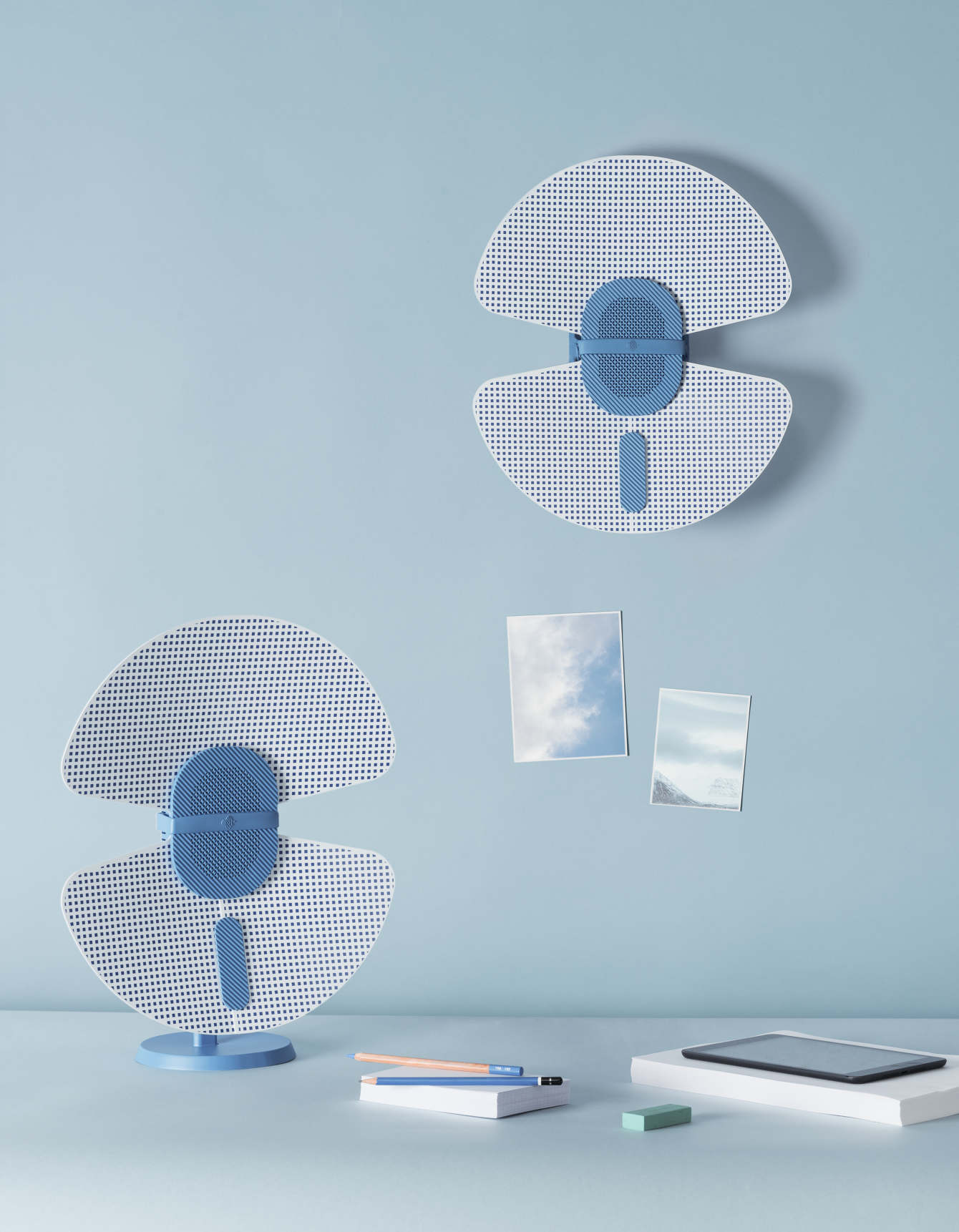Each year, the Massachusetts Institute of Technology (MIT) in Boston challenges international teams of students to try to respond to major societal issues. The annual competition iGEM or International Genetically Engineered Machine was thus born to make available to students research in Synthetic Biology and promote its use to consider solutions to health, environmental, food, social challenges, etc.
"It is estimated that 7 million people die each year from in and outdoor air pollution. " World Health Organization
As part of the iGEM 2017 edition, the Institut Pasteur's transdisciplinary student team is developing research focused on indoor air pollution, responsible for nearly 3 million premature deaths each year. Supervised by Deshmukh Gopaul (researcher and head of the Design for Biology program - Citech) and Guillian Graves (industrial designer and head of the Design & Biology program at ENSCI-Les Ateliers), students with various skills have thus implemented a methodology located at the frontier of science, law and design to take into account the ethical issues suggested by the programming of the living by synthetic biology and the potential risks that this biotechnology involves on humans and the global environment.
After several months of research and meetings with scientific experts as well as actors in the fight against air pollution, we are developing Æther, an energy-efficient indoor air purifier. A depollution KIT that takes advantage of synthetic biology to produce in the laboratory a biological filter capable of capturing endocrine disruptors as well as Volatile Organic Compounds (VOCs) present in the air to degrade them under the action of enzymes. To design an interchangeable support capable of capturing polluted particles, we synthesize a filter inspired by spider silk whose hydrophobic capacities make it possible to accumulate water droplets of natural moisture loaded with pollutants.
 Microscopic picture of the interaction of a water droplet on a spider silk line.
Microscopic picture of the interaction of a water droplet on a spider silk line.In order to make the purifier self-sufficient in energy, flexible solar cells (or Graetzel cells) sensitive to natural and artificial light are printed by a roll-to-roll process. They accompany the object, shape around the technical unit in order to provide sufficient energy to allow a small fan to gradually draw the air flows to the interchangeable filter.
The depollution KIT fits into a scenario with several stages, the first of which consists in mapping pollutants at the scale of the habitat, region or district, taking into account the various environmental factors (agricultural areas, urban, motorway, etc.), likely to vary the type of pollutant. This identification phase allows the typology of the filter to be adapted to the environments in which it will be used before delivering the complete system, the assembly of which is based on simple interlockings and a rubber band. The purifier can therefore be arranged according to the preferences of its user, on a stand, or on a wall element.
A smartphone application accompanies the depollution kit. It combines different management and support services to inform the user of the degree of saturation of the filter, which will be integrated into a recovery process for heavy metals after its replacement.




In collaboration with Azéline Boucher and Maude Graindorge (Faculté de droit Jean Monnet), Karima Boucherka and Diane Girard (Biologistes from Université Pierre et Marie Curie), Alexie Cantalice, Gabriel Dournes and Juliette Langlais (Chimistes from Chimie Paris Tech), Paul Jeammet and Nathan Ronceray (Physiciens from Ecole Polytechnique), Gaétan Verdierre and Erzin Yilmaz (Biochimistes from ESPCI) and Xinzhi GUO (Ingénieur from Centrale SUPELEC).
Materials & Technologies : Injected plastic ; Synthetic biology ; Solar cell (Graetzel cell) ; Fan.
Materials & Technologies : Injected plastic ; Synthetic biology ; Solar cell (Graetzel cell) ; Fan.
Awarded with the Bronze medal at the Giant Jamboree, MIT, Boston.
Credits photos : Véronique Huyghe
For more info
http://2017.igem.org/Team:Pasteur_Paris
Credits photos : Véronique Huyghe
For more info
http://2017.igem.org/Team:Pasteur_Paris
Æther, bioinspired indoor air purifier - 2017
Institut Pasteur Paris & ENSCI-Les Ateliers partnership. Under the supervision of Deshmukh Gopaul (researcher & heand of the Design for Biology program - Citech) et Guillian Graves (industrial designer & head of the Design & Biology program at l’ENSCI-Les Ateliers).
Institut Pasteur Paris & ENSCI-Les Ateliers partnership. Under the supervision of Deshmukh Gopaul (researcher & heand of the Design for Biology program - Citech) et Guillian Graves (industrial designer & head of the Design & Biology program at l’ENSCI-Les Ateliers).